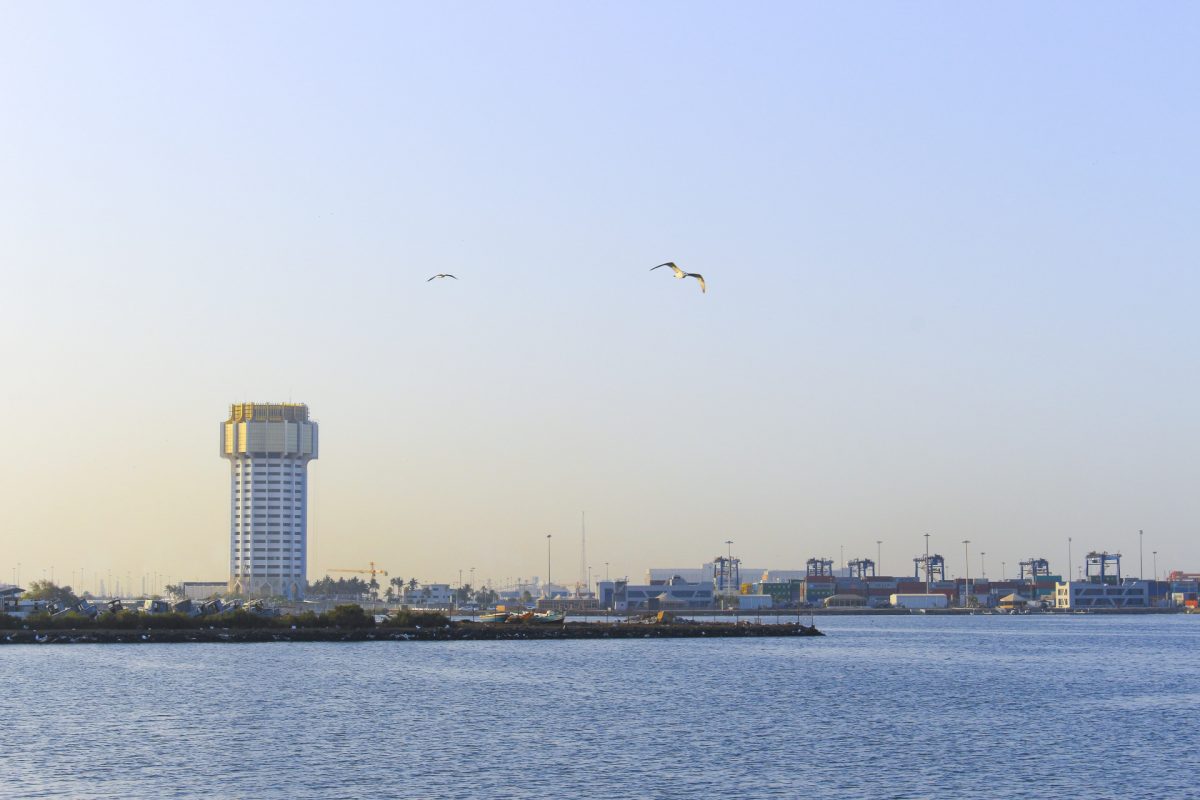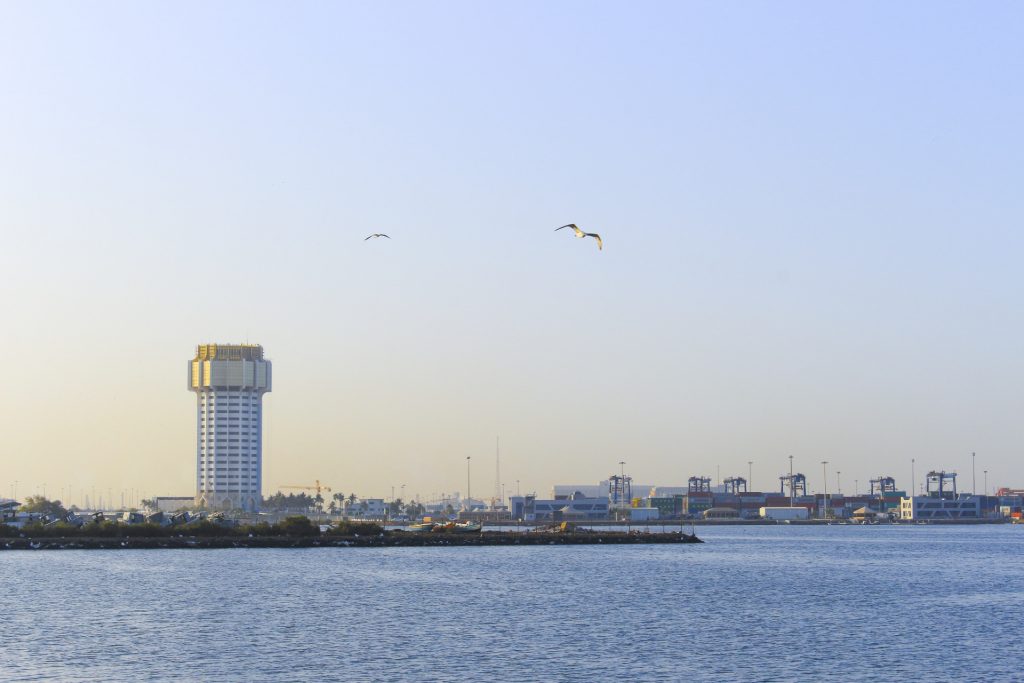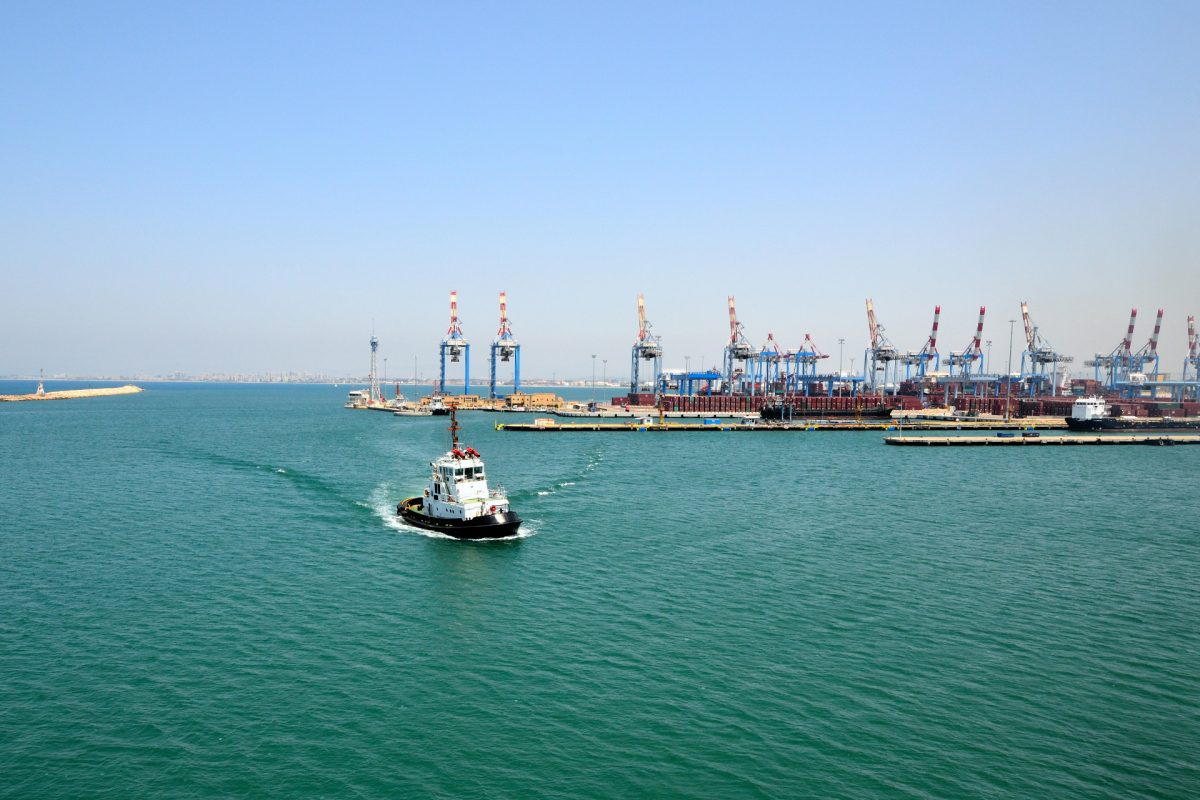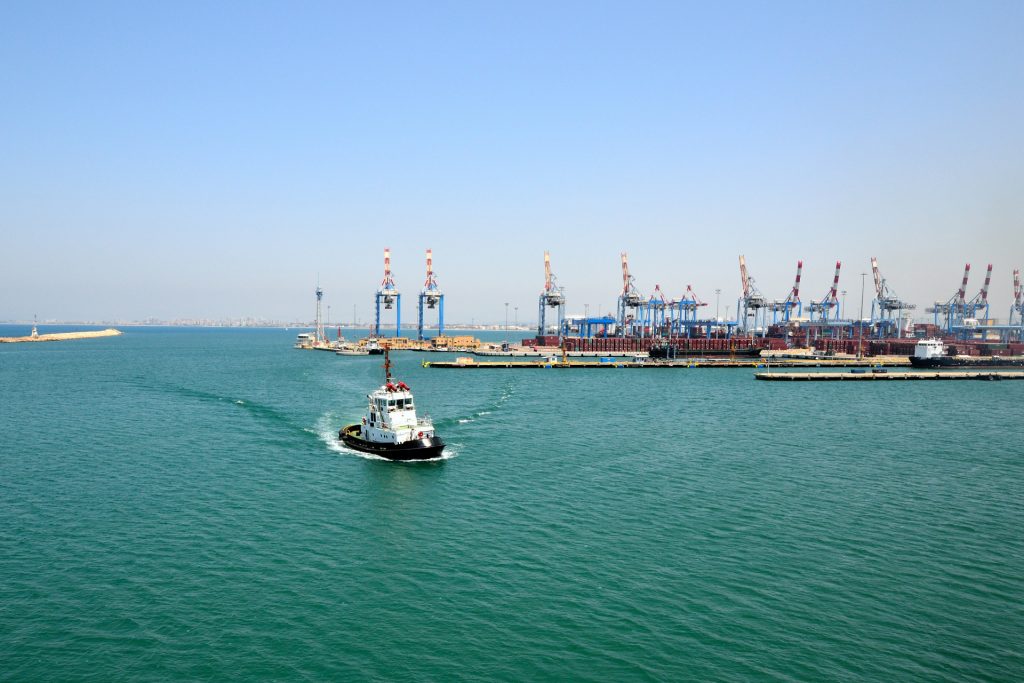

KSA releases VAT law
The Implementing Regulations provide much more detail on how VAT will actually apply in the KSA. The draft VAT law was unique in its design as it referred back to the VAT Agreement concluded between the six Member States of the Gulf Cooperation Council. It did not provide the basis for domestic taxation, deviating in its design from international standards around the design of tax laws and potentially even deviating from its own Constitution, the Saudi Basic Law.
The detail in the Implementing Regulations is important for businesses preparing for the implementation of VAT. They now at least have a sense of the direction the KSA is choosing in implementing VAT. For example, more details are given with respect to how tax payers can register, what kind of documentation is required for GCC supplies, but also how tax payers who have exempt supplies can deduct input VAT and to what extent expenses with respect to vehicles can be deducted. The Implementing Regulations are still subject to final amendments after the public consultation process.
The publication of the Implementing Regulations is another step in the process towards the implementation of VAT in the KSA on 1 January 2018. Insofar as Saudi businesses have not started preparing for the introduction of VAT, it has now become high time to do so, as preparations are time consuming.








